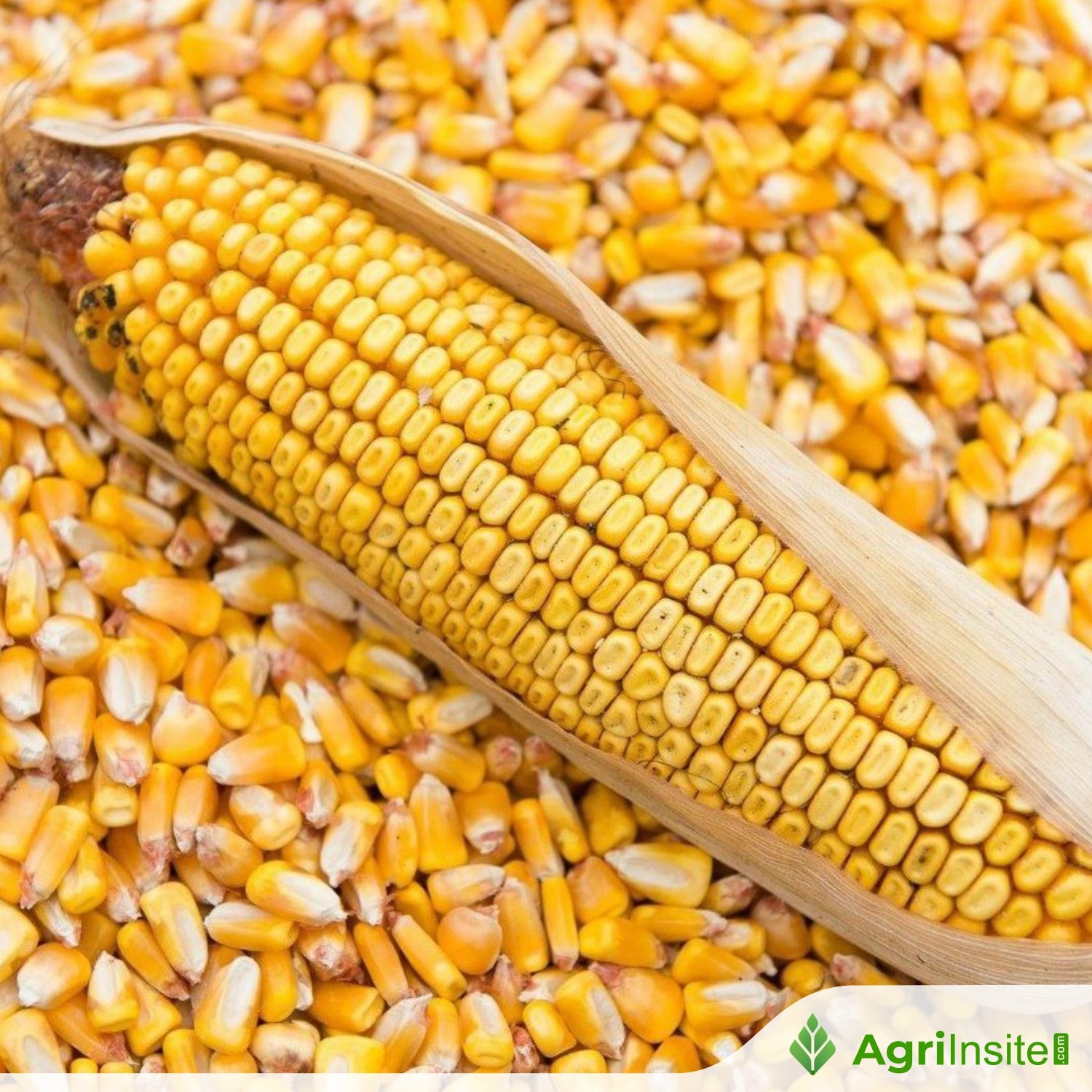Illegal GM maize detected in processed and unprocessed food products in India

A study by NIFTEM-T found genetically modified (GM) maize in 15.39% of 34 commercially sold maize products in India, despite GM crops being illegal. The contaminated samples came from Telangana, Kerala, Tamil Nadu, and Karnataka. The Coalition for a GM-Free India has urged regulators to investigate the illegal cultivation and contamination, demanding strict enforcement of food safety standards.
Genetically modified (GM) maize, which is illegal in India, has been detected in commercially sold processed and unprocessed maize grains in the country, scientists have found.
Researchers from the National Institute of Food Technology, Entrepreneurship and Management, Thanjavur (NIFTEM-T) conducted advanced technical tests, including attenuated total reflectance-fourier transform infrared spectroscopy (ATR-FTIR) and polymerase chain reaction, to confirm the presence of GM maize.
ATR-FTIR, a non-destructive technology, is widely used to analyse product composition and detect chemical modifications.
GM foods and ingredients refer to those that are engineered or altered at the genetic level. While India is among five countries — including the United States, Brazil, Argentina and Canada — that cultivate GM crops, the Food Safety and Standards Authority of India (FSSAI), the apex food regulatory body, has not approved GM foods for commercial sale.
Since March 2021, FSSAI has mandated a GM-free or non-GM origin certification for the import of 24 specified food consignments into the country.
The findings of the NIFTEM-T study, published in the journal Elsevier, involved the analysis of 34 processed and unprocessed maize samples.
“Maize samples were grouped into popcorn (eight samples of various brands), corn flour (eight samples of six different brands), corn soup (two samples of two different brands), puffcorn (two samples of two different brands), maize grains (five samples from five different areas), canned corn (seven samples from various brands) and cornflakes (two samples of different brands),” the study stated.
Of the samples tested, 15.39 per cent were found to contain GM maize, while the remaining 84.61 per cent tested negative.
The study also traced the GM maize samples (labelled WS3 in the paper) to locations in Telangana, Kerala, Tamil Nadu, and Karnataka. In addition to evidence of illegal GM maize cultivation, the research identified GM maize in processed foods.
Coalition demands action
The Coalition for a GM-Free India, a group of experts, scientists, farmers, and stakeholders, issued a press statement citing their long-standing concerns about illegal GM crop cultivation in India. “We have in the past brought to the notice of regulators instances of illegal cultivation of HT Bt cotton (first reported more than 15 years ago), Bt brinjal (in Haryana more than 5 years ago, proven through lab testing also)and GM soybean (in Gujarat more than 7 years ago, confirmed through lab testing),” the Coalition stated.
The group criticised the regulatory authorities for their lackadaisical response to these issues and called for the deployment of active surveillance mechanisms to prevent future occurrences.
“We have also asked for each incident to be investigated thoroughly to plug the gaps in regulatory mechanisms with relation to illegal transboundary movement of GMOs/products thereof as well as leakages from experiment sites. No liability has been fixed in any incident so far either,” it noted.
The coalition warned that the findings jeopardise India’s biosafety and biosecurity. They also expressed concerns about the Union government’s stalled investigation into allegations of foreign influence and pressure from global investment banks to promote illegal GM crop cultivation in India, with no updates in the past five years.
The group suggested that GM maize grains might have leaked or been contaminated during field trials for GM maize permitted in the country or from seed stocks approved for storage by the Genetic Engineering Appraisal Committee (GEAC).
“It is not clear how GEAC is keeping a strict watch on seed stocks with the crop developers,” the statement said.
The coalition highlighted that India imports maize seeds from the US and other countries. In a letter to the Directorate General of Foreign Trade, the GEAC (under Union Ministry of Environment, Forest & Climate Change), and FSSAI (under Union Ministry of Health and Family Welfare), the group called for immediate action to withdraw GM maize products from the market.
They also demanded that importers and crop developers be held accountable for failing to comply with India’s food safety standards.
To read more about Maize News continue reading Agriinsite.com
Source Link : Down To Earth
















